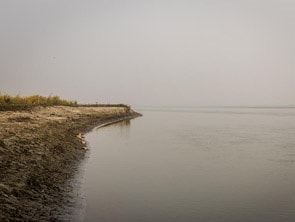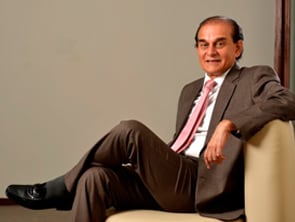Our top reads of the week
From Piaggio's plans in India to the details of how Nayanthara and Dulquer Salmaan are emerging as the powerhouses of the South Indian entertainment industry, here are our best reads of the week


 Image: Shutterstock
Image: Shutterstock
Every week, catch up on the best long form stories from Forbes India. Often peppered with our binge-worthy podcasts, videos or infographics too.
 1) Italy"s finest
1) Italy"s finest
"Vespa is not simply a scooter. It"s an icon," says Diego Graffi, chairman and managing director of Piaggio India. This iconic status was cemented in Western pop culture since Audrey Hepburn rode it in "Roman Holiday". In India, the Italian two-wheeler maker has been enjoying its premium play after launching the solo avatar almost a decade ago. Graffi now has a strategy for Piaggio products that not only leverages the scooter but takes it beyond it. Read More
 2) Thalaivi ‘Lady Superstar’
2) Thalaivi ‘Lady Superstar’
Writers are scripting whistle-worthy introduction scenes and punch lines for Nayanthara, something that was earlier the preserve and privilege of male superstars. This is unparalleled in Tamil, Telugu, and Malayalam cinema. Nayanthara"s responsible approach towards her craft has rewarded her with superstardom. Turns out, this is just the beginning, and she is setting the stage for a far longer innings. From our first South celebrity special edition. Read More
 3) In the pursuit of cinema
3) In the pursuit of cinema
Dulquer Salmaan is a star kid with national award winning actor Mammootty is his father. Instead of becoming Mammootty 2.0, Dulquer chose to carve his niche. His work in Malayalam cinema, experiments with pan-India stories have not only earned him critical praise but have amassed a loyal fanbase. His directors love his "putty-mode", film analysts sing praises of his organic growth. Dulquer wants to pursue cinema and direct a movie someday. Read More
 1) Go local, to save global
1) Go local, to save global
As former US President Barack Obama said, “We are the first generation to feel the effect of climate change and the last generation who can do something about it". Human activities are often considered to be the key contributors to climate change. But if we leverage the power of community with the help of organisational efforts and government policy change, we can prepare the society to effect positive change on the environment, NatWest India Foundation Head and Head of Sustainable Banking Sunil Kumar Nandamudi, and Akshay Vats, Director of Communications, India, at NatWest Group write. Read More
 2) Be safe than sorry
2) Be safe than sorry
Although children currently account for about 3-4 percent of hospital admissions in India on account of Covid-19, looking at the US’s surging numbers of hospitalization of children, India cannot be nonchalant about protecting its children. We need to address the health infrastructure challenges with suitable medical expertise, equipment and approach to protect its children against a possible third Covid-19 wave, Neelam Makhijani, country director, ChildFund India, writes. Read More
 3) The Mariwala secret
3) The Mariwala secret
Harsh Mariwala, the founder and chairman of Marico, is on rank 30 of Forbes India Rich List 2021. His company, Marico, is one of India’s FMCG, and the credit goes to Mariwala"s expertise in understanding the pulse of desi consumers. But how is this septuagenarian billionaire when not running his business? We tried to figure it out in the inaugural episode of the second season of Forbes India Beyond the Boardroom—a show that talks to the stalwarts of business, sports, and entertainment about the things beyond their profession. Read More
 4) Dying to lead
4) Dying to lead
A warning to CEOs and other top executives in high-pressure positions: Job stress could shave years off your life, causing you to die younger than lower-level workers. After all, modern CEOs face taxing work schedules. And lifespan tends to drop with an increase in job demands. The historical study by Harvard Business School Professor Tom Nicholas puts forward the dire consequences of work-related stress. Read More
First Published: Oct 16, 2021, 09:00
Subscribe Now